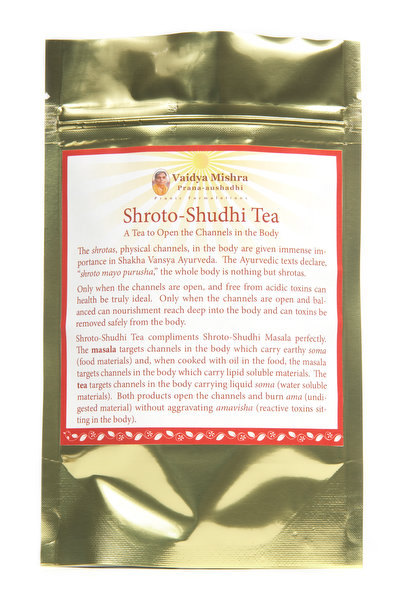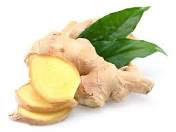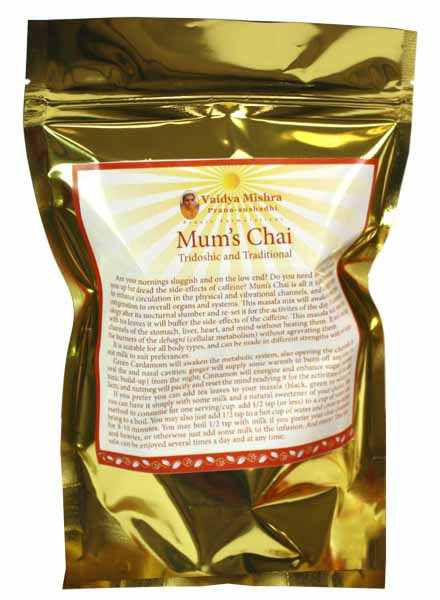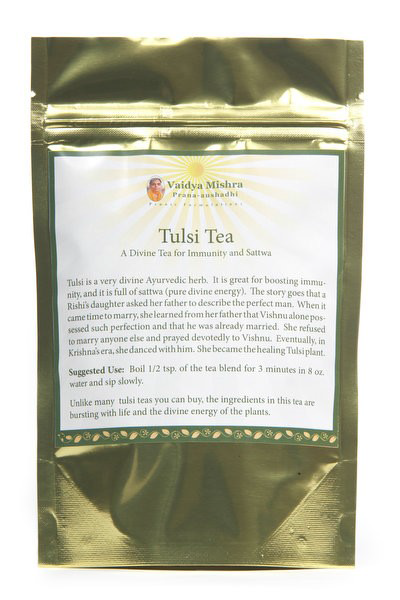In the Fall, temperatures drop, a dry wind replaces the gentle summer wafts and the days get darker and colder as the earth travels away from its source of Agni, or the sun. Our body responds to the autumnal weather by shrinking down circulatory channels – shrotas. The shrotas, physical channels in the body, are given immense importance in Shakha Vansya Ayurveda; the Ayurvedic texts say it clear and loud: shroto mayo purusha, “The whole body is nothing but shrotas.” But what are these shrotas for anyways?
the body, are given immense importance in Shakha Vansya Ayurveda; the Ayurvedic texts say it clear and loud: shroto mayo purusha, “The whole body is nothing but shrotas.” But what are these shrotas for anyways?
The shrotas circulate and deliver nourishment; heat; energy; they carry the dhatu-s or tissues; evacuate toxins; and so much more. Only when the channels are open, and free from acidic toxins, can health be optimal. Only when the channels are open and balanced can nourishment reach deep into the body and can toxins be removed completely from the body. Support your body by clearing your channels, keeping them warm, and clear and free from seasonal accumulation.
In the SVA lineage, we are very careful to maintain the intelligence in the shrotas which helps determine what to eliminate; how much to eliminate; when to eliminate; what to absorb; how much to absorb; where to deliver things to; when to deliver; how much to deliver.
absorb; how much to absorb; where to deliver things to; when to deliver; how much to deliver.
In the Fall, Vata naturally increases. To keep your physiology in balance, try to have lighter nourishing but timely meals; maintain a regular yogic exercise routine; stick to an early rather than late bedtime; do regular self-massage with a good Vata pacifying oil; have some uplifting down-time activities to un-stress from work.
In addition, an easy daily way to keep things running smoothly and efficiently can be achieved with just a cup of tea! Vaidya Mishra has formulated many balancing teas that help in different ways.
Shroto Shudhi tea is idea for the Fall. Not only does it help clean the channels as its name indicates (“shudhi” = clean, “shroto” = channels), but it also warms them up. The tea targets channels in the body carrying liquid soma (water soluble materials). This tea helps burn ama (partially digested food material) without aggravating amavisha (reactive toxins sitting in the body).
targets channels in the body carrying liquid soma (water soluble materials). This tea helps burn ama (partially digested food material) without aggravating amavisha (reactive toxins sitting in the body).
If Shroto Shudhi tea is too much for you, you can start your day with Mum’s Chai Masala. A delicious blend that will gently unclog your channels in the early morning. Here is a special recipe by Vaidya Mishra, follow the steps to get the most delicious cup of “chai”!
For one cup of tea:
- Put 1 ½ cups water in your pot
- Add a pinch of Pushkarmool root
- Add ¼ tsp green cardamom powder – grind fresh for best aroma
- Add 1/8 tsp crushed black peppercorns – optional if you are high pitta
- Add 1/8 tsp Ayurvedic Sunthi of dry ginger that is great for high pittas and all dosha types, or fresh grated ginger (avoid
 if you are a high pitta)
if you are a high pitta) - Bring to a boil At this point, if you like to make your cup of chai with caffeine, you can add a teabag here and bring to a gentle boil
- Add milk and bring to another gentle boil
- Finally, add 1/8 tsp Mum’s chai masala and stir in, bring to another gentle boil and remove from the heat and serve with some unprocessed sugar or raw honey to taste, and enjoy!
The pushkarmool opens the bronchial
 channels, and gives a very distinct aroma to the tea; the green cardamom, black pepper, and fresh ginger, all help oxygenate the brain by burning away toxic residue in the channels and enhancing the flow of energy overall; Mum’s Chai Masala blend tops off the mixturewith its sweet and gentle aromas of nutmeg and cinnamon, enhancing metabolism, pacifying vata, and kapha.
channels, and gives a very distinct aroma to the tea; the green cardamom, black pepper, and fresh ginger, all help oxygenate the brain by burning away toxic residue in the channels and enhancing the flow of energy overall; Mum’s Chai Masala blend tops off the mixturewith its sweet and gentle aromas of nutmeg and cinnamon, enhancing metabolism, pacifying vata, and kapha.
But if chai is too much for you first thing in the morning, you can go for Tulsi Tea. A perfect SVA blend made of many sacred herbs and plants that not only supports your immunity, but is a delicious way to stimulate digestion, reduce kapha and vata, , and increase sattwa (spiritual purity) in life. This is especially true with Vaidya Mishra’s Tulsi Tea, which offers the full energy of this powerful herb in combination with other balancing herbs.
and increase sattwa (spiritual purity) in life. This is especially true with Vaidya Mishra’s Tulsi Tea, which offers the full energy of this powerful herb in combination with other balancing herbs.
Vaidya Mishra’s Tulsi Tea is energetically vibrant.
Lavender calms the mind, rosemary stimulates dehagni (cellular metabolism) and peppermint opens the channels. The combination of these herbs, which are all fresh and bursting with flavor, gives a balanced blend that your palate will love.
all fresh and bursting with flavor, gives a balanced blend that your palate will love.
Tulsi (ocimum sanctum, ocimum tenuiflorum) is known as holy basil. The Sanskrit text, Bhava Prakash, describes tulsi as katuka (pungent), tikta (bitter), hridya (good for the heart), ushna (warming), dipani (stimulating digestion and metabolism) and kaphavatajit (reducing kapha and vata). It also says that tulsi is bhutaghni (helpful in removing pathogenic microbes). In addition, tulsi has a divine vibration (devadundubhi) and is sometimes called surasa (liked by the gods).
The Sanskrit name is tulasi, which means “beyond compare.” The purity of divine energy found in the tulsi plant truly is beyond compare.
Here is wishing you many a blissful mornings, warming up and keeping things going smoothly with a lovely cup of tea!
Is the weather change will make people have harder stool, compare to loose one, any reasons for the harder stool happen suddenly without food intake or change. What one can do to help out with the situation. Thanks.
So beautiful an article – just my cup of tea! 🙂 Thank you.
Weather does impact your bowel movements. Different weather will affect different people in many different ways. For example, Vata people’s channels are more sensitive. If a person has vata aggravation or is currently in their vata life-span (after 60), they will have tendency to get dehydrated more easily. In the summer time, if they do not rehydrate themselves properly and regularly, they may get constipated. In the winter, our channels shrink, so they may also experience constipation. For pitta constitutions, this can hold true as well. Dehydration can also result in constipation. Kapha people are the only ones whose physiology will maintain steady habit of bowel movement despite seasonal changes.
For vata and pitta constitutions it is always good to take some yogurt – at lunch as lassi (20% yoghurt with 80% water, add ¼ tsp of Mum’s Masala and a pinch of salt). Remember not to mix the yogurt with fruits in case you are consuming enzymatic fruits such as pineapple and papaya with your lunch – eat them at least 2 hours apart. Yogurt will help maintain regularity, hydrate the colon, replenish the friendly bacteria, and keep vata and pitta balanced due to its protein content.